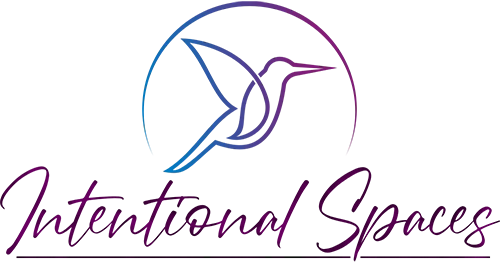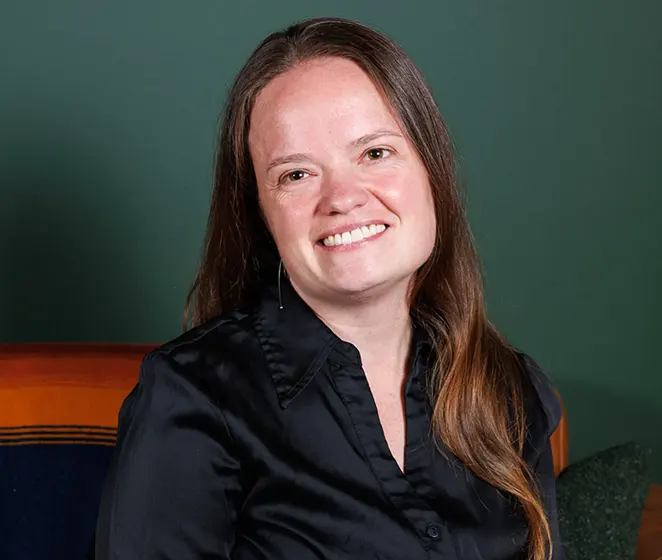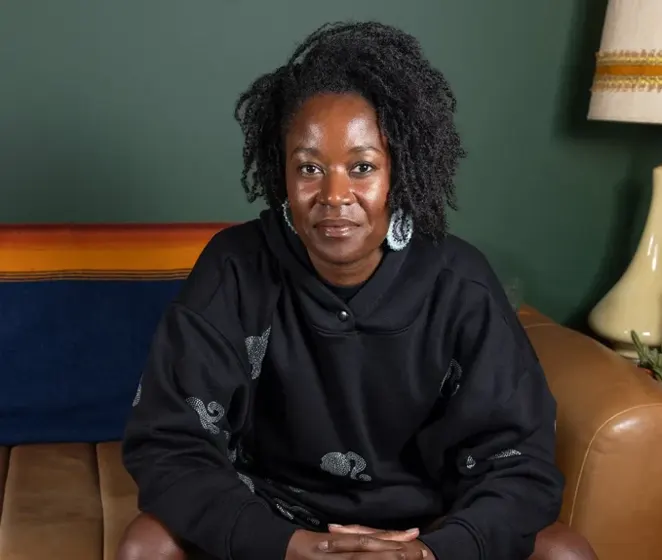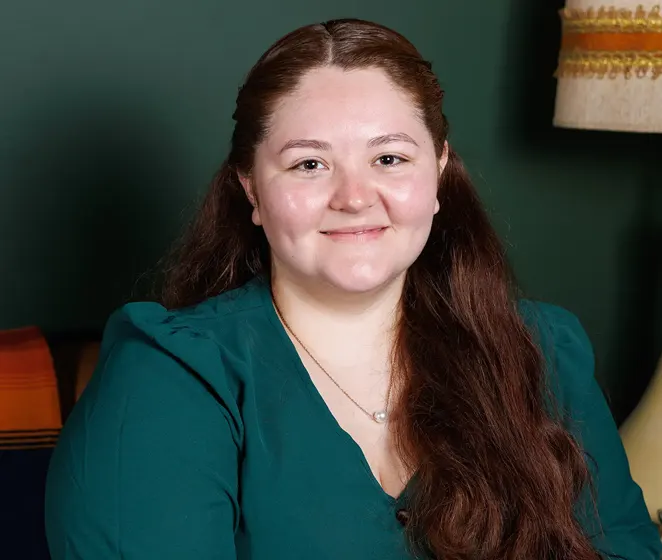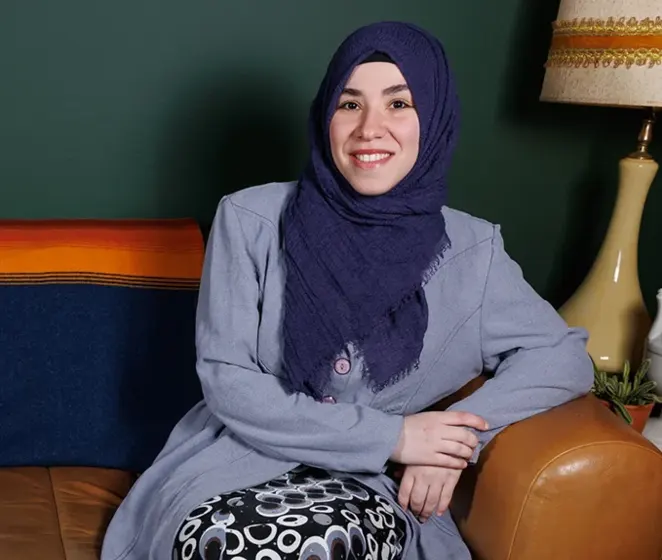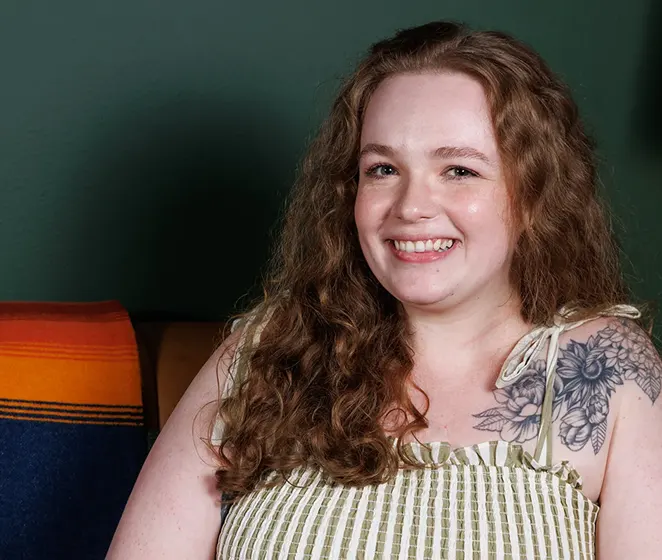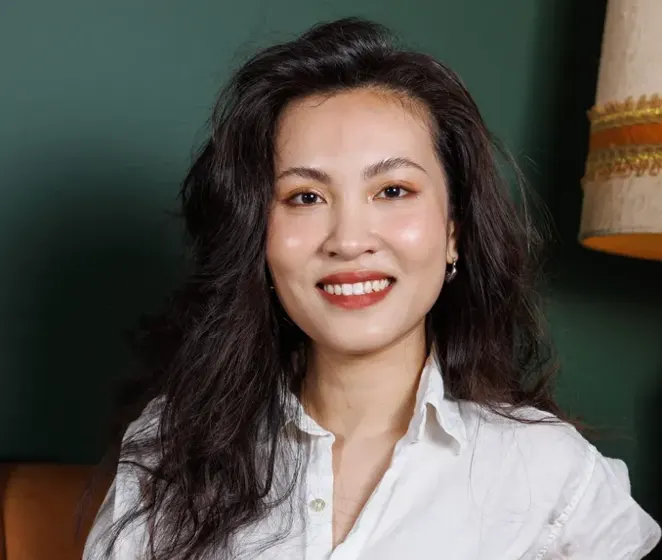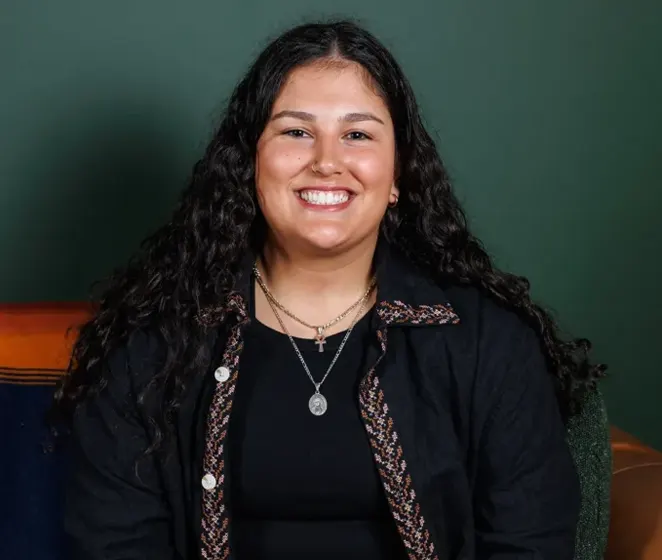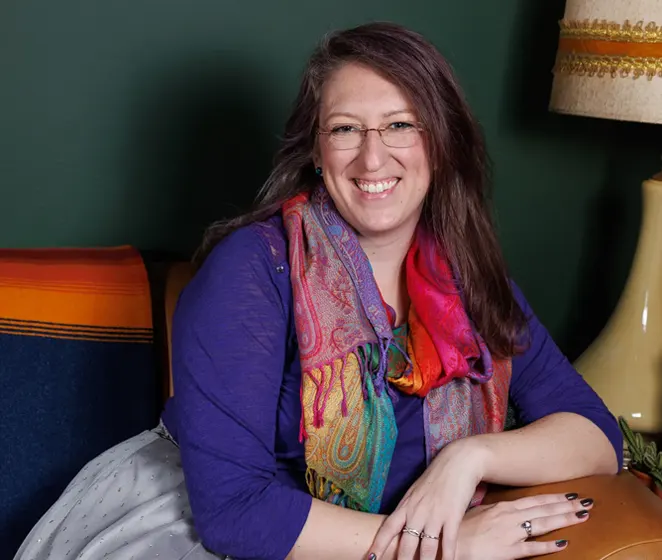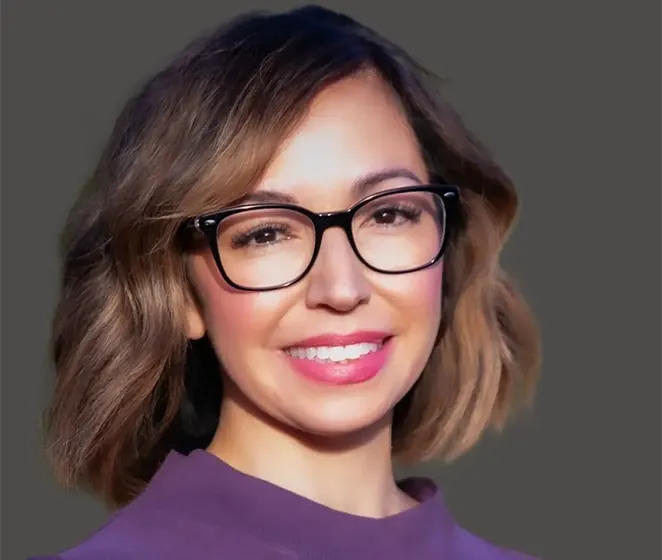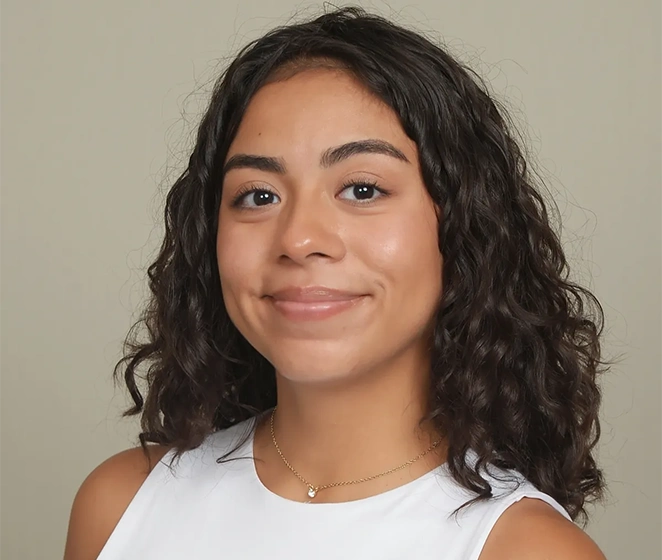By Intentional Spaces Psychotherapy
Laurel LeMohn (she/her) became a therapist not just because of what she studied, but because of what she personally lived through: grief, chronic illness, and the kind of pain that doesn’t go away just by talking about it.
Before graduate school, before credentials, Laurel was already asking the deeper questions: Why does my grief feel so physical? Why does talking help… and also not help? Why am I carrying so much, even when I can’t name it? For her, therapy wasn’t an academic decision—it was a personal unfolding. A way to understand why healing sometimes requires silence, movement, tears, or breath, rather than more words.
Laurel’s own story is rooted in grief, chronic illness, and a long-held ache to feel whole. She knows how trauma can echo through the body even when the mind doesn’t know what to say. She knows what it’s like to carry pain that others can’t see—and to feel frustrated by clinical spaces that don’t know how to hold that kind of depth. That’s why she doesn’t practice therapy from a clipboard. She practices from presence.
Clients who come to Laurel often feel like they’ve outgrown traditional talk therapy—or were never helped by it in the first place. They’re grieving someone, something, or some version of themselves. They may feel stuck in depression, disconnected from their bodies, or overwhelmed by emotional heaviness that talk therapy hasn’t been able to shift. They’re searching for a body-based, holistic approach—an alternative to talk therapy that centers the mind-body connection.

Laurel welcomes them gently into a different kind of space—one where healing doesn’t have to be explained to be real.
In her sessions, it’s not about fixing. It’s about feeling. Together, clients and Laurel explore grief, trauma, and nervous system regulation through body-based practices like breathwork, movement, and stillness. Her style is intuitive, spiritual, and radically non-hierarchical. She doesn’t pretend to have a magic wand—and that’s exactly what makes her trustworthy.
Laurel is a somatically trained, trauma-informed therapist who meets people where they are. If you’ve been trying to think your way through the pain, Laurel offers another path: one that moves through the body, honors your pace, and brings you back to yourself.
You don’t have to explain everything to be understood here.
You just have to arrive.
